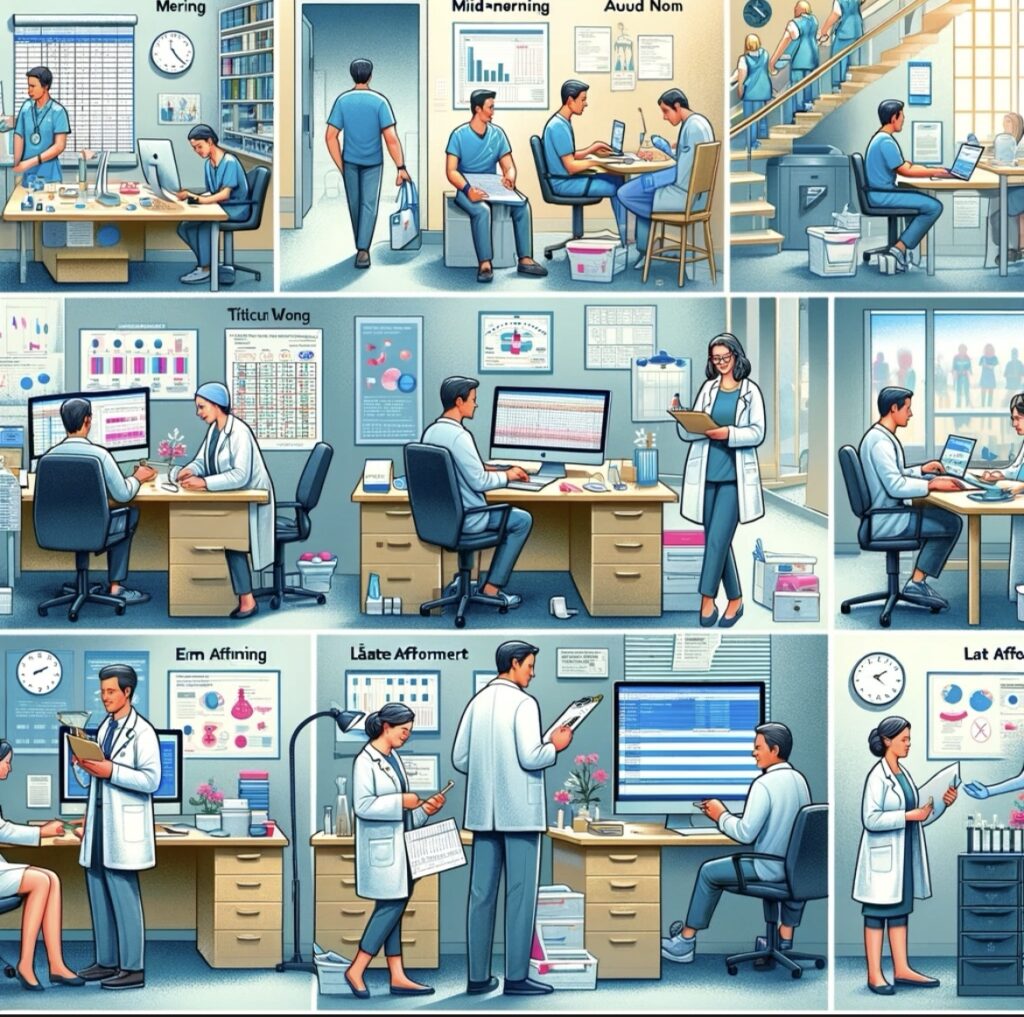
Introduction
The role of a Clinical Research Coordinator (CRC) is pivotal in the landscape of clinical trials and research. These professionals are primarily responsible for managing the daily operations of clinical studies, ensuring compliance with regulatory requirements, and maintaining high standards of care and accuracy.
Key Responsibilities of a Clinical Research Coordinator
- Study Planning and Setup: CRCs collaborate with investigators to design study protocols. They prepare necessary documentation, including consent forms, and ensure all materials comply with regulatory standards.
- Participant Recruitment and Screening: CRCs are responsible for identifying and recruiting eligible participants. They conduct pre-screening interviews to ensure that candidates meet the study criteria.
- Data Collection and Management: Accurate data collection is a cornerstone of their work. CRCs oversee the collection of data, maintain databases, and ensure that data integrity is upheld throughout the study.
- Regulatory Compliance: They ensure that all aspects of the study comply with regulatory and ethical standards. This includes submitting necessary documents to institutional review boards (IRBs) and ensuring patient confidentiality.
- Patient Care and Communication: CRCs often serve as a point of contact for participants, providing them with information about the study, answering questions, and addressing concerns.
- Coordination with Other Professionals: They work closely with physicians, nurses, and other healthcare professionals to ensure that the study is conducted smoothly and efficiently.
A Day in the Life of a Clinical Research Coordinator
8:00 AM: The day starts with a review of the schedule. The CRC checks appointments with study participants and prepares for their arrival.
9:00 AM: A participant arrives for a follow-up visit. The CRC conducts an informed consent process, reviews the participant’s medical history, and answers any questions.
10:30 AM: Time for data entry. The CRC updates the study database with the latest data collected from participant visits.
12:00 PM: Lunch break, often used to catch up on the latest research and developments in clinical trial management.
1:00 PM: The afternoon is dedicated to a team meeting with the principal investigator and other staff. They discuss the progress of the study and address any issues.
2:30 PM: The CRC prepares documents for an upcoming IRB meeting, ensuring that all regulatory aspects of the study are in order.
4:00 PM: A session is held with a new participant for screening. The CRC explains the study protocol, assesses eligibility, and schedules the next visit.
5:30 PM: Before wrapping up, the CRC checks emails and responds to queries from participants and other team members.
6:00 PM: The day ends with a plan for the next day, including participant visits, data analysis, and team coordination.
Conclusion
A Clinical Research Coordinator plays a vital role in the success of clinical trials, balancing administrative, regulatory, and patient-care responsibilities. Their typical day reflects the diverse and dynamic nature of their job, ensuring the smooth and ethical conduct of clinical research.


